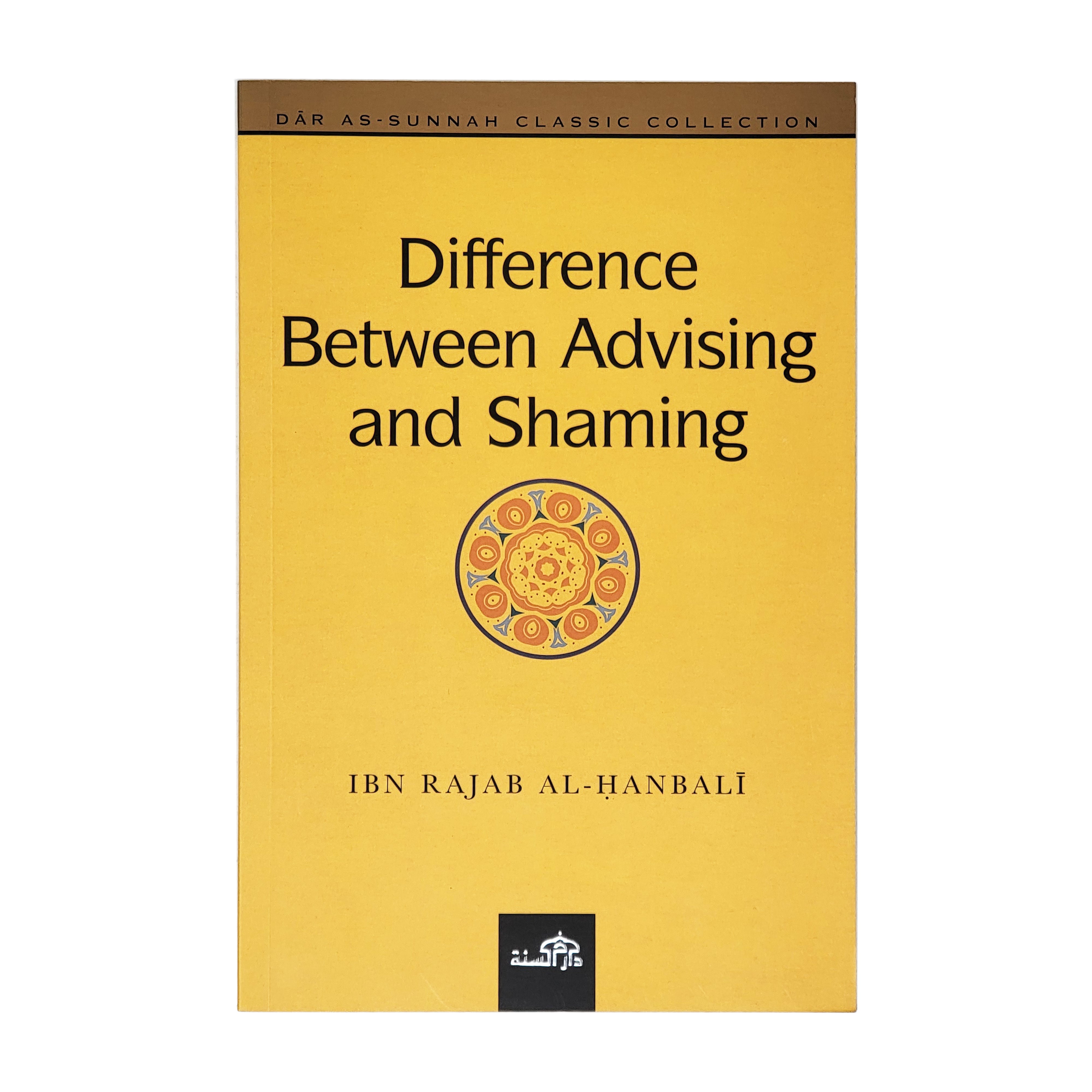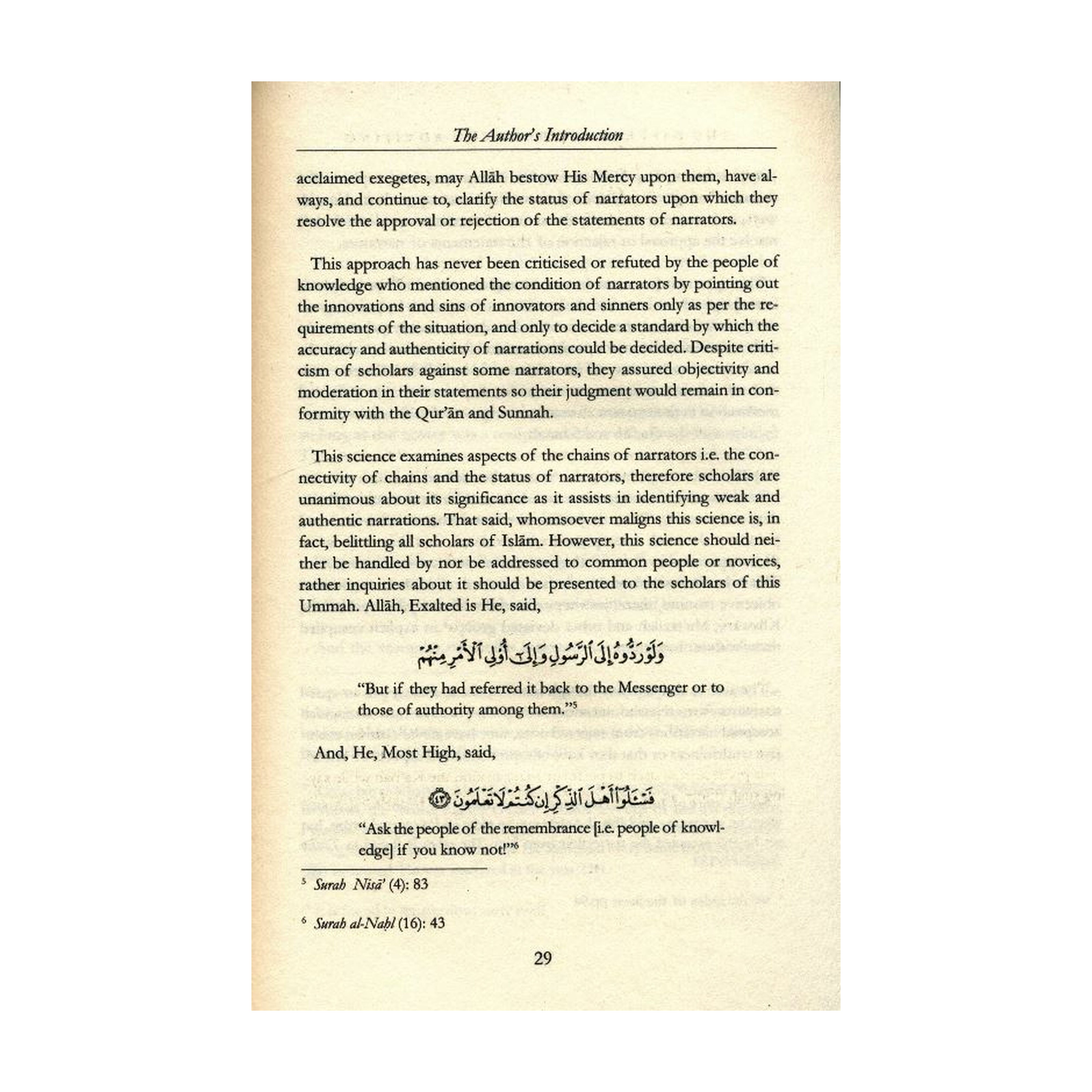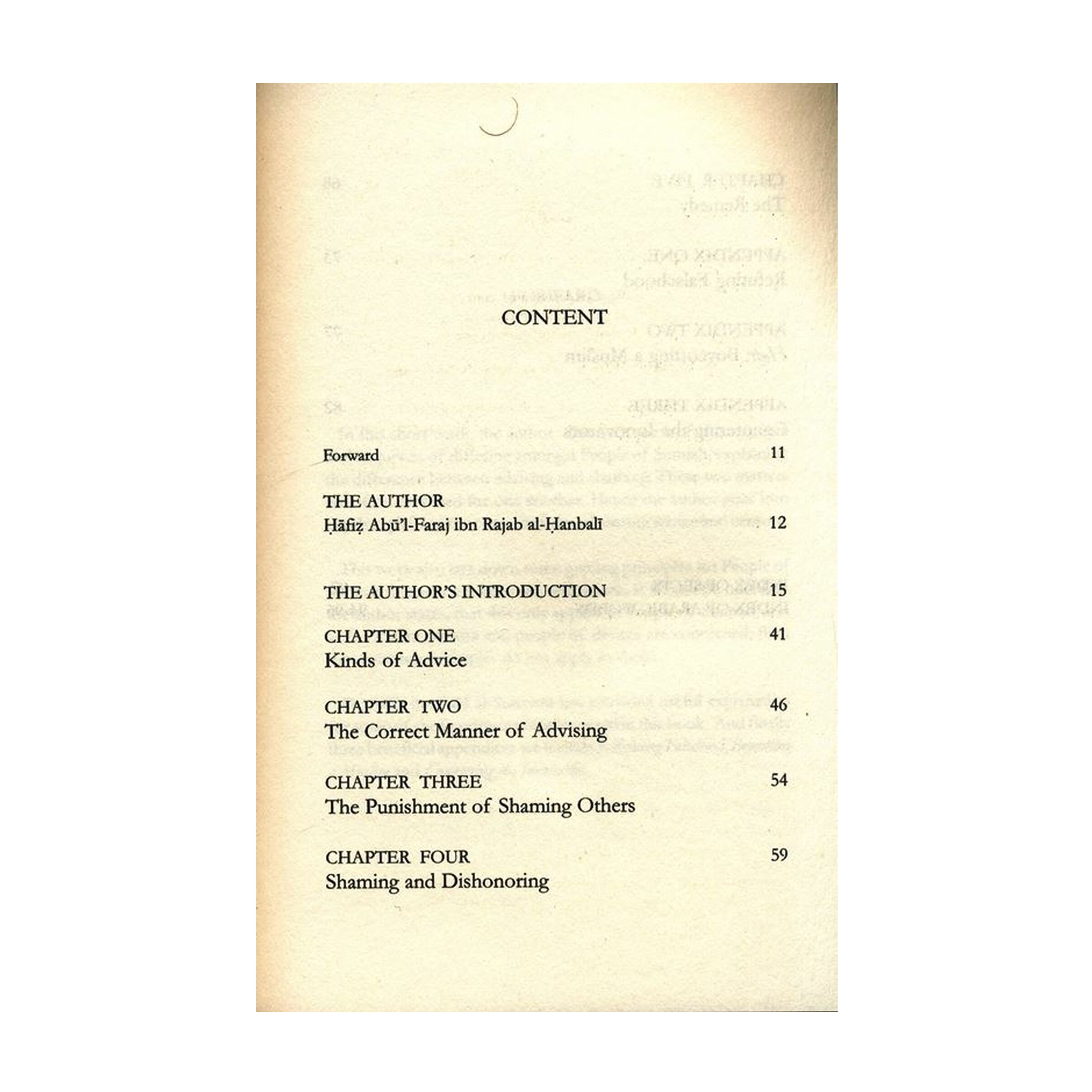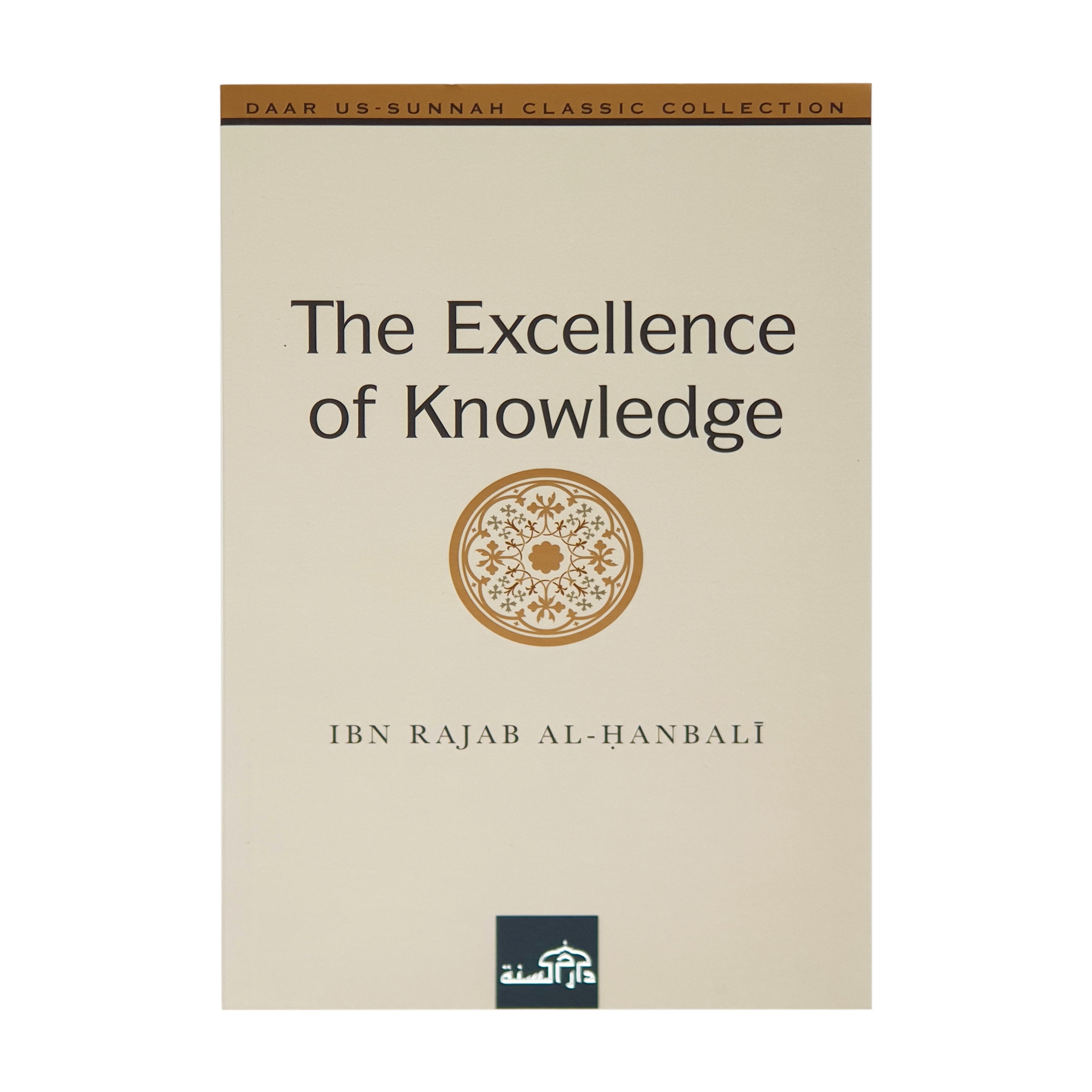Difference Between Advising And Shaming
In this notable work, the renowned author provides essential detail in discussing key points dealing with differences that arise between the People of Sunnah, and the manners and etiquette one should acquire when differing...
In this notable work, the renowned author provides essential detail in discussing key points dealing with differences that arise between the People of Sunnah, and the manners and etiquette one should acquire when differing occurs. He beautifully illustrates the difference between advising that is encouraged, and shaming that is not permitted - two topics that often become tangled and misunderstood. The author thus explains the characteristics of sincere advice and censure with a depth of clarity that will no doubt bring benefit to all, particularly those involved in active da'wah. This work also lays down some guiding principles when preparing criticisms and refutations. It makes clear that such ideal precepts apply to People of Sunnah; and as far as the People of Innovation and desires are concerned, then these principles do not apply to them. This is because the former group is recognised for following the truth, being merciful to the creation and desiring for them guidance, reform and all kinds of goodness. They never intend any harm, but rather make falsehood known by stemming ignorance through reasoning and dialogue in clarifying the truth - they enjoin the good and forbid the evil and strive in making the Word of allah uppermost. Dr. Salih ibn Sa`d al-Suhaymi provides beneficial commentary for the important points covered in this book, bringing greater relevancy to our modern context
Add a review
In this notable work, the renowned author provides essential detail in discussing key points dealing with differences that arise between the People of Sunnah, and the manners and etiquette one should acquire when differing occurs. He beautifully illustrates the difference between advising that is encouraged, and shaming that is not permitted - two topics that often become tangled and misunderstood. The author thus explains the characteristics of sincere advice and censure with a depth of clarity that will no doubt bring benefit to all, particularly those involved in active da'wah. This work also lays down some guiding principles when preparing criticisms and refutations. It makes clear that such ideal precepts apply to People of Sunnah; and as far as the People of Innovation and desires are concerned, then these principles do not apply to them. This is because the former group is recognised for following the truth, being merciful to the creation and desiring for them guidance, reform and all kinds of goodness. They never intend any harm, but rather make falsehood known by stemming ignorance through reasoning and dialogue in clarifying the truth - they enjoin the good and forbid the evil and strive in making the Word of allah uppermost. Dr. Salih ibn Sa`d al-Suhaymi provides beneficial commentary for the important points covered in this book, bringing greater relevancy to our modern context







